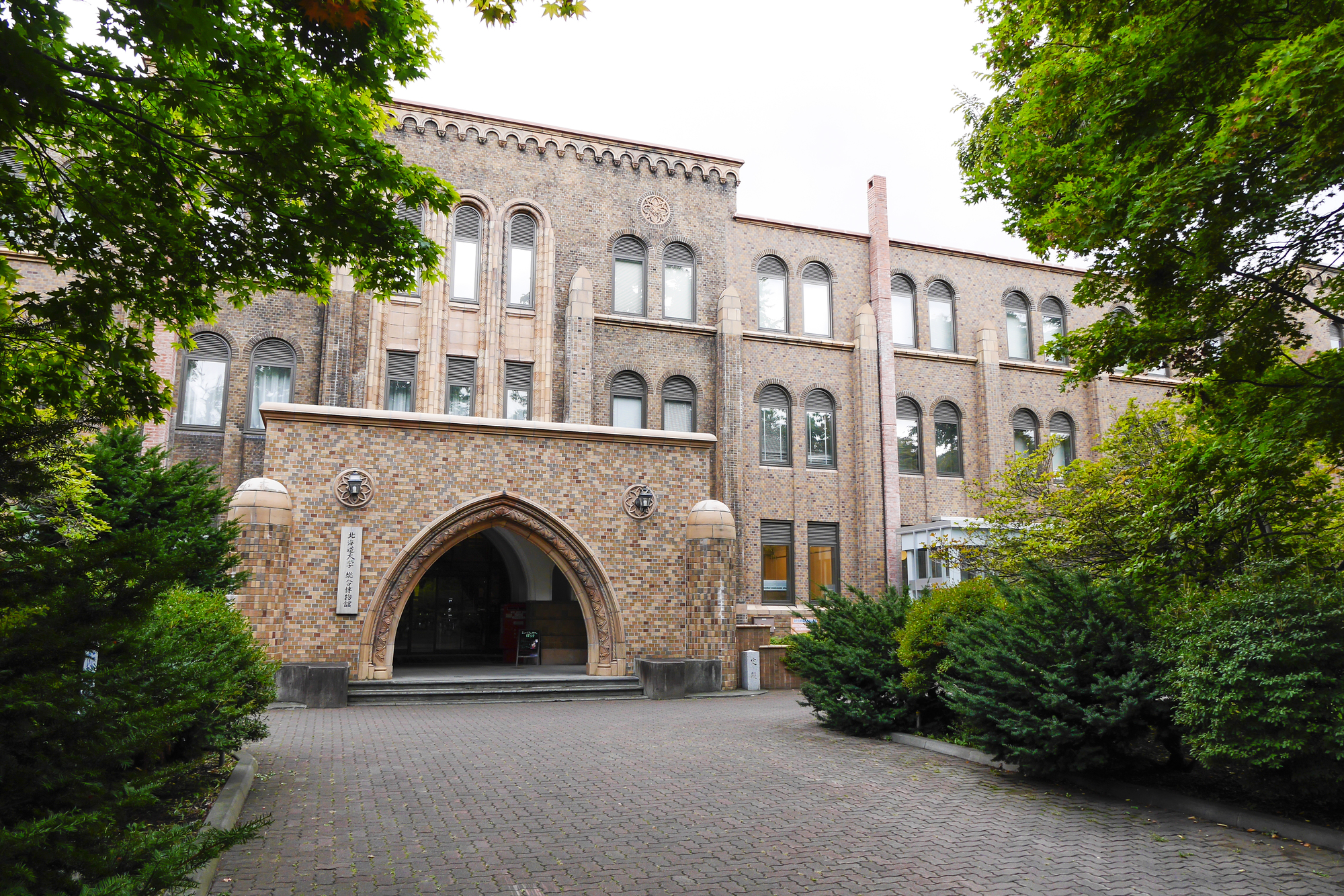For the final disposal of the removed soil and incineration ash generated by the decontamination work after the accident at the Fukushima Daiichi Nuclear Power Station in Fukushima Prefecture, I hope that the public will set up a disposal site with fair procedures and distribution rather than the amount of radioactive materials. This was revealed in a questionnaire survey conducted by the National Institute of Advanced Industrial Science and Technology.
The questionnaire survey was conducted jointly by Momo Takada, a researcher at the National Institute of Advanced Industrial Science and Technology (AIST), and other researchers in the Geochemistry Research Group, and researchers at Osaka University, Hokkaido University, the University of Tokyo, and the National Institute for Environmental Studies. Opinions were asked about how the acceptance was decided, the amount and concentration of radioactive materials to be disposed of, the distance between residences and disposal sites, and the number of disposal sites established nationwide.
According to this, the respondents wanted a location far from their residential area for the disposal site, and at the same time, the process of acceptance was reflected in the opinions of the residents rather than the top-down method by the mayor, and the number of disposal sites was one nationwide. There was a tendency to choose 1 locations, one in each prefecture other than Fukushima Prefecture.In contrast, no clear preference was shown for the amount and concentration of radioactive material to be disposed of.
The research group believes that the respondents are reluctant to set up a final disposal site in a familiar location, and that they expect that the disposal site will be set up through fair procedures and distribution.
Approximately 1,330 cubic meters of removed soil and incinerated ash generated during the decontamination work after the Fukushima Daiichi Nuclear Power Plant accident are stored in an interim storage facility that straddles Futaba Town and Okuma Town in Fukushima Prefecture, where the nuclear power plant is located.These wastes are to be finally disposed of outside of Fukushima Prefecture by 2045, but the final disposal site, disposal method, and location determination method have not yet been decided.



